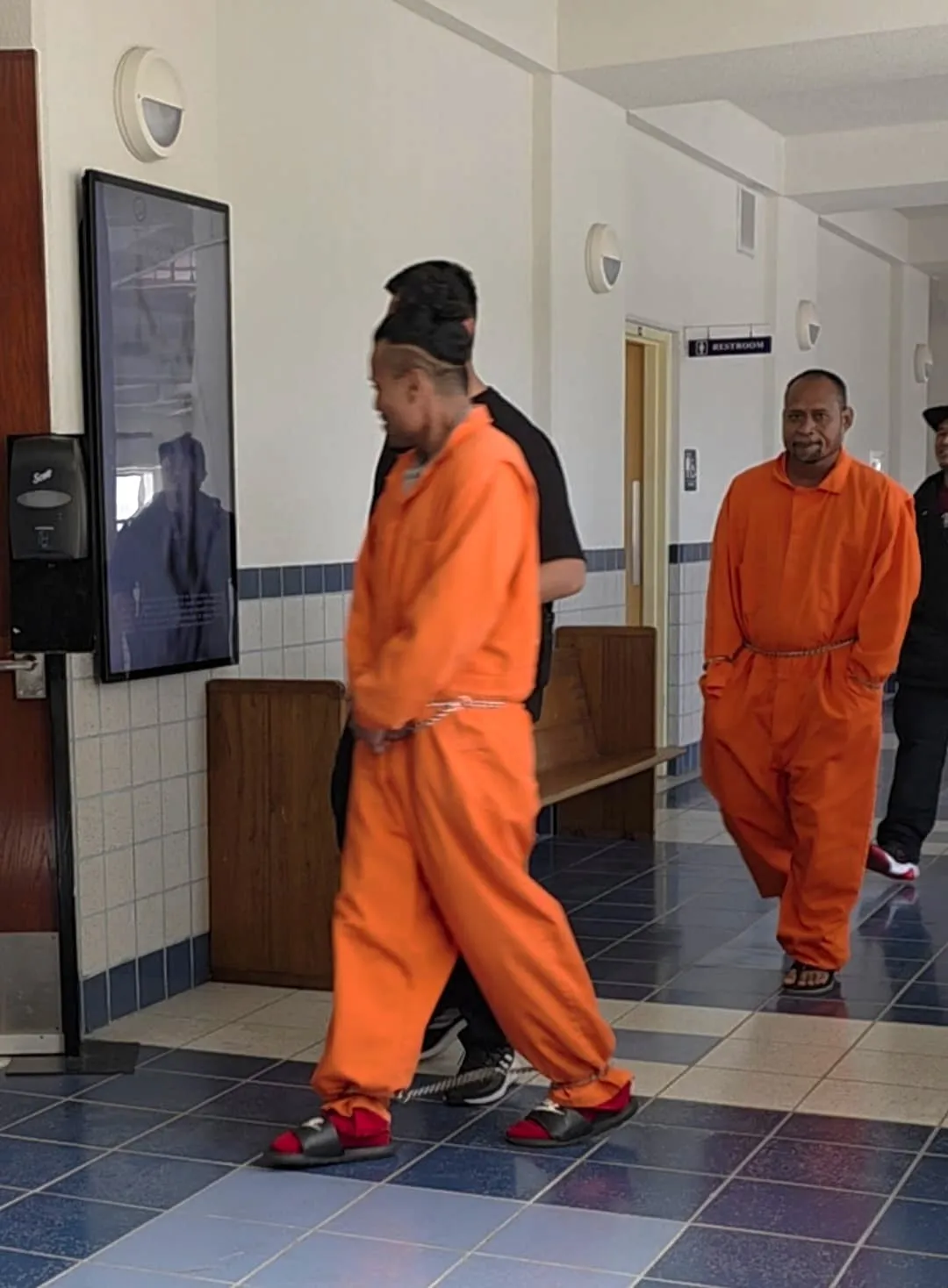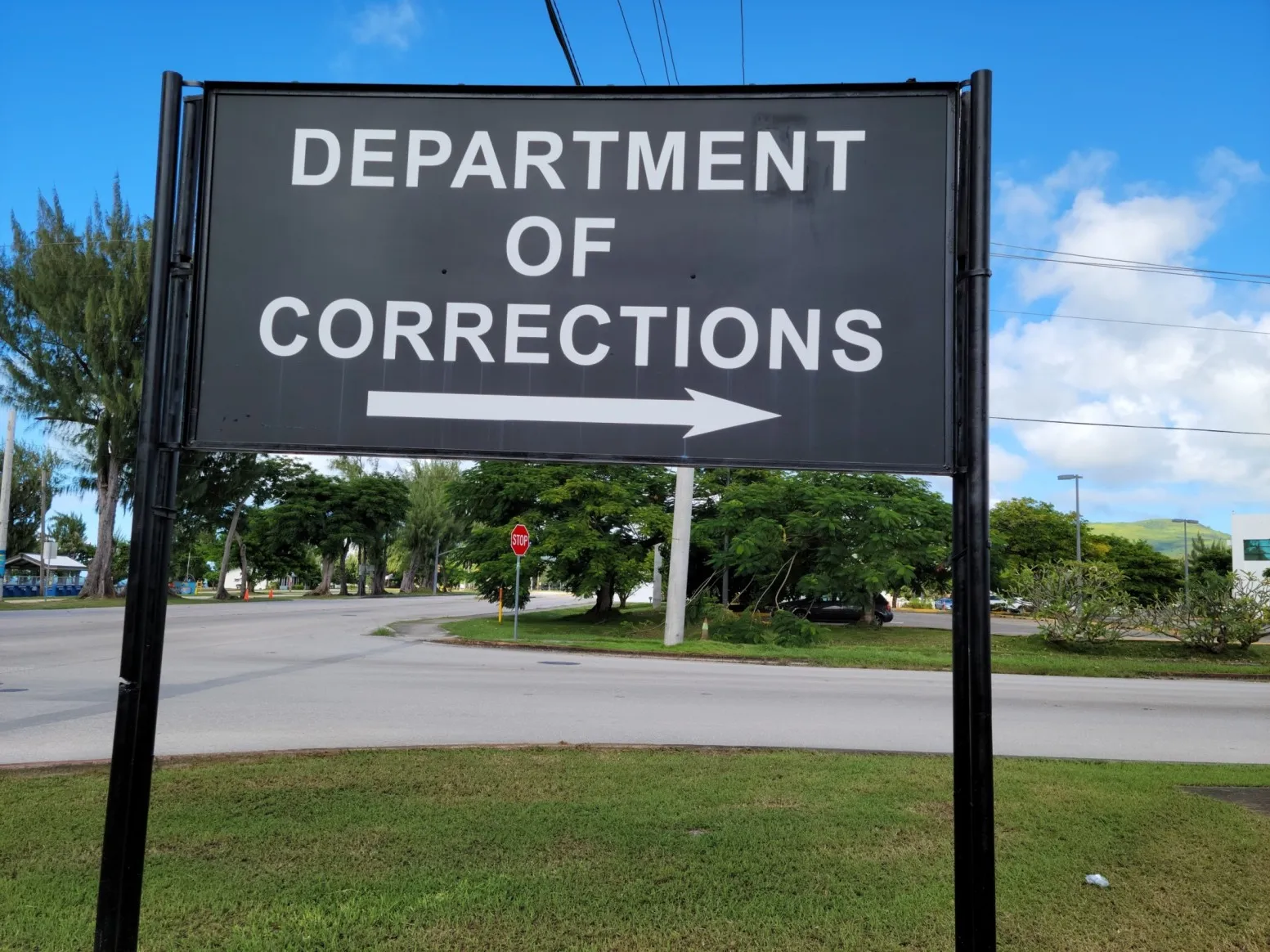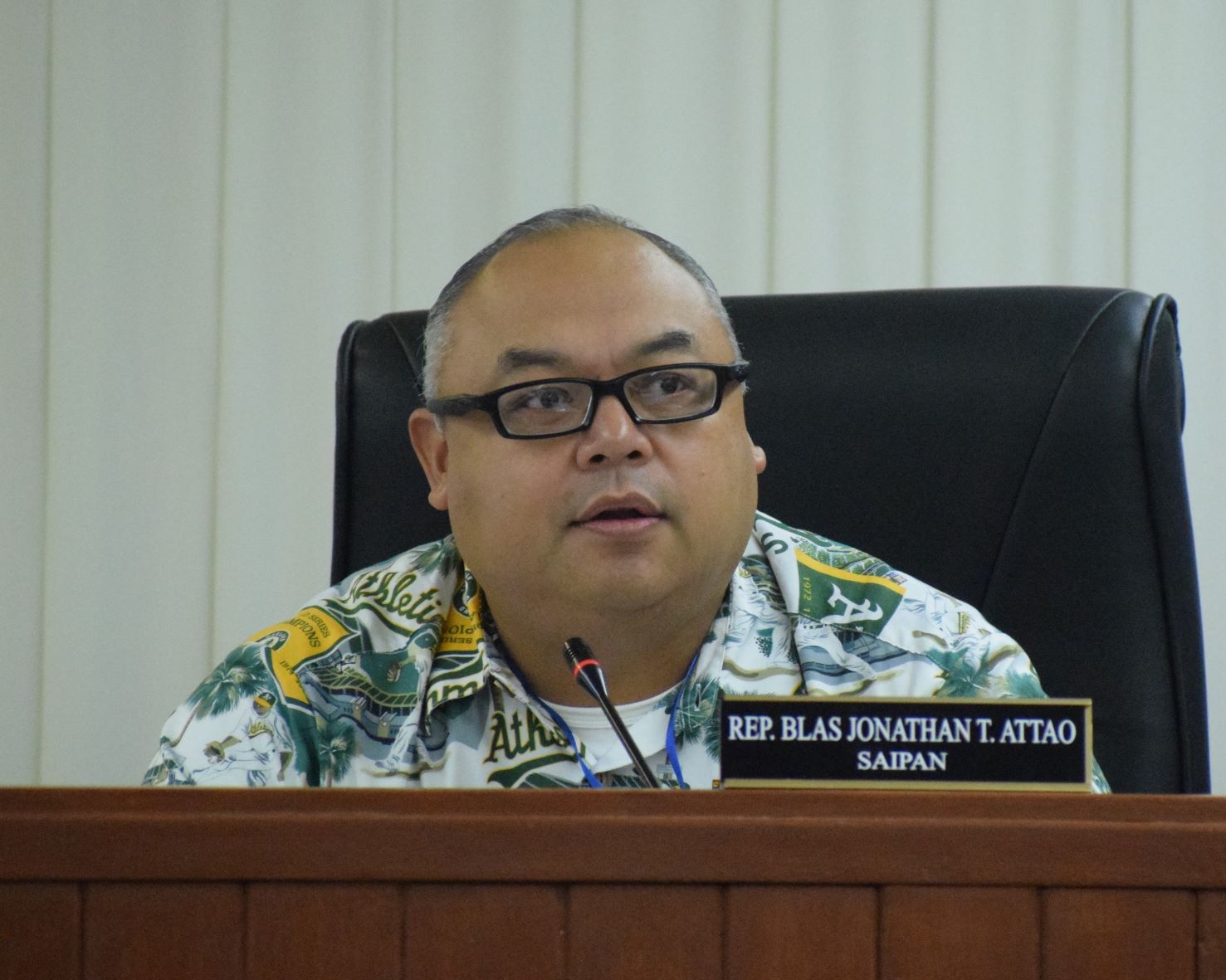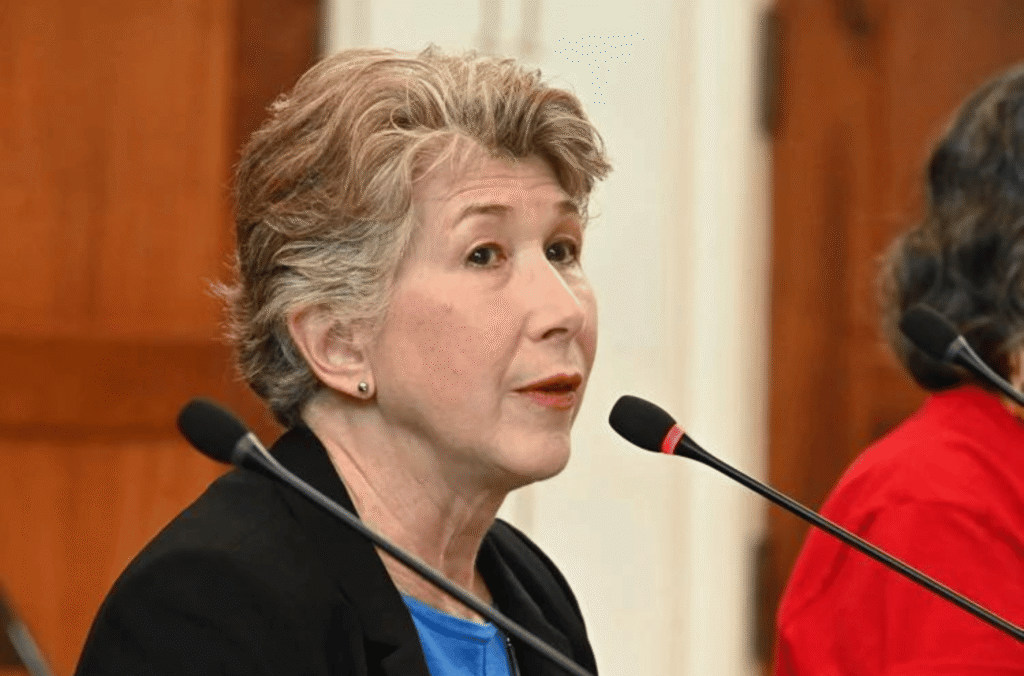HAGÅTÑA (The Guam Daily Post) — Guam is said to have the second-highest number of rapes per capita in the United States. According to Jayne Flores, director of the Bureau of Women’s Affairs, the Guam Police Department recorded 240 cases of criminal sexual conduct on the island in 2022, of which 85.2% of the victims were minors.
It is an absolute necessity on Guam to keep emergency contraceptives available to rape survivors free of charge, Jayne Flores said Wednesday, as she testified in favor of Bill 78-37, the Emergency Contraception for Survivors of Rape Act.
Bill 78 requires emergency health care facilities – general hospitals or satellite emergency departments licensed under Guam law – to provide emergency care to sexual assault victims. The standard of care is to include providing medical and factual information about emergency contraception and sexually transmitted diseases, informing victims of their options to be provided emergency contraception and providing such contraception upon request.
Emergency contraceptives, such as Plan B and its equivalents, work to prevent pregnancies from taking place after unprotected sex. They are not abortion pills and do not terminate pregnancies already underway.
Victims of rape
Theresa Arriola, director of the Guam Behavioral Health and Wellness Center, also testified in favor of Bill 78 via written testimony.
Behavioral Health operates the Healing Hearts Crisis Center, the only rape crisis center on Guam.
Arriola said Healing Hearts serves an average of 100 victims per year, and holds relationships with all the emergency departments within the island’s hospitals. All Healing Hearts services are provided free of charge, including the provision of emergency contraception. While Behavioral Health supports Bill 78, Arriola said, the agency also is willing to continue providing emergency contraception through grant funding.
Healing Hearts would need at least 10 to 20 emergency contraceptives in stock to provide to victims who have been sexually assaulted or abused, based on the crisis center’s numbers. While there are dozens of referrals made to Healing Hearts each year, few victims obtain emergency contraception or testing and treatment for sexually transmitted infections, according to statistics Arriola provided.
In 2021, no contraceptives were provided despite 68 referrals, as victims declined due to religious beliefs.
Emergency contraception also can be obtained over the counter at pharmacies without a prescription.
Affordable contraceptives
Jayne Flores suggested collaborating on ways to make birth control and information about birth control more widely and readily accessible. She also suggested that lawmakers look into making emergency contraceptives more affordable.
“The Bureau of Women’s Affairs surveyed more than half a dozen pharmacies in January of this year, asking about the price for the Plan B, or levonorgestrel pill. The price of this emergency contraceptive pill ranged from $35 to $60 per pill, depending on the generic or brand name version,” Jayne Flores said Wednesday.
Monaeka Flores also testified supporting Bill 78, calling it an important public health measure critical to preventing unwanted pregnancies resulting from sexual violence. She suggested expanding the definition of “sexual assault victim” in the bill from specifically “female” to language that considers trans and nonbinary people “who also need the same level of protection.”
Contraception or abortion?
Not all the testimony Wednesday supported the measure, and some of the opposition appeared to conflate emergency contraception with abortion.
Most of the unfavorable testimony was written, but Agnes White appeared in person to voice her concerns. She relayed a story in which a rape victim, who was assaulted in the states, was given emergency contraception.
“Had she conceived, she would have wanted to keep this child. But she wasn’t given that choice. In the emergency room, boom, take this pill,” White said.
“You talk about giving the woman information. When you’ve been raped, you can’t even process what happened. This woman was totally shocked. She didn’t even know what was happening. So, she’s been in torment for over 30 years because of this incident,” White added.
Informed consent
Sen. Thomas Fisher noted that Bill 78 requires the victim to be fully informed about emergency contraceptives and has every right to refuse it. But Sen. Sabina Perez would later bring up the issue of consent for minors.
Jayne Flores said she would have to defer that question to Healing Hearts or medical facilities, although she said she would think that parental consent would be required or the parent would “be there.”
Perez noted that some perpetrators of sexual assault against minors might be those same individuals who would give consent on behalf of their minor victims, and this would be a key issue to resolve with the bill.
Effect on federal funding
Sen. Telo Taitague brought up concerns over what might happen to federal funding for the contraceptives, noting what had happened with feminine hygiene products at schools.
“We saw what happened with the feminine hygiene products that we put into law mandating the schools to have it, which now does not avail them of federal funding,” Taitague said.
“The good thing is that people who have Medicaid, (the emergency contraceptives) are covered. Affordable Care Act, it’s covered. They go to the Healing Hearts Crisis Center, it’s covered for free. But if we mandate it, they may not be able to afford it anymore. … Sometimes when you supplant certain laws, it just doesn’t avail us of federal funding,” the senator added.
Speaker Therese Terlaje said she would follow up on Taitague’s concerns before the bill is reported out of the health committee.
Bill 78 was introduced by Sen. William Parkinson, who was absent from Wednesday’s hearing due to illness.
In a written opening statement, Parkinson stated that emergency rooms are often the first point of contact for individuals needing medical care after a sexual assault, and should be equipped with the resources necessary to provide comprehensive care to patients.
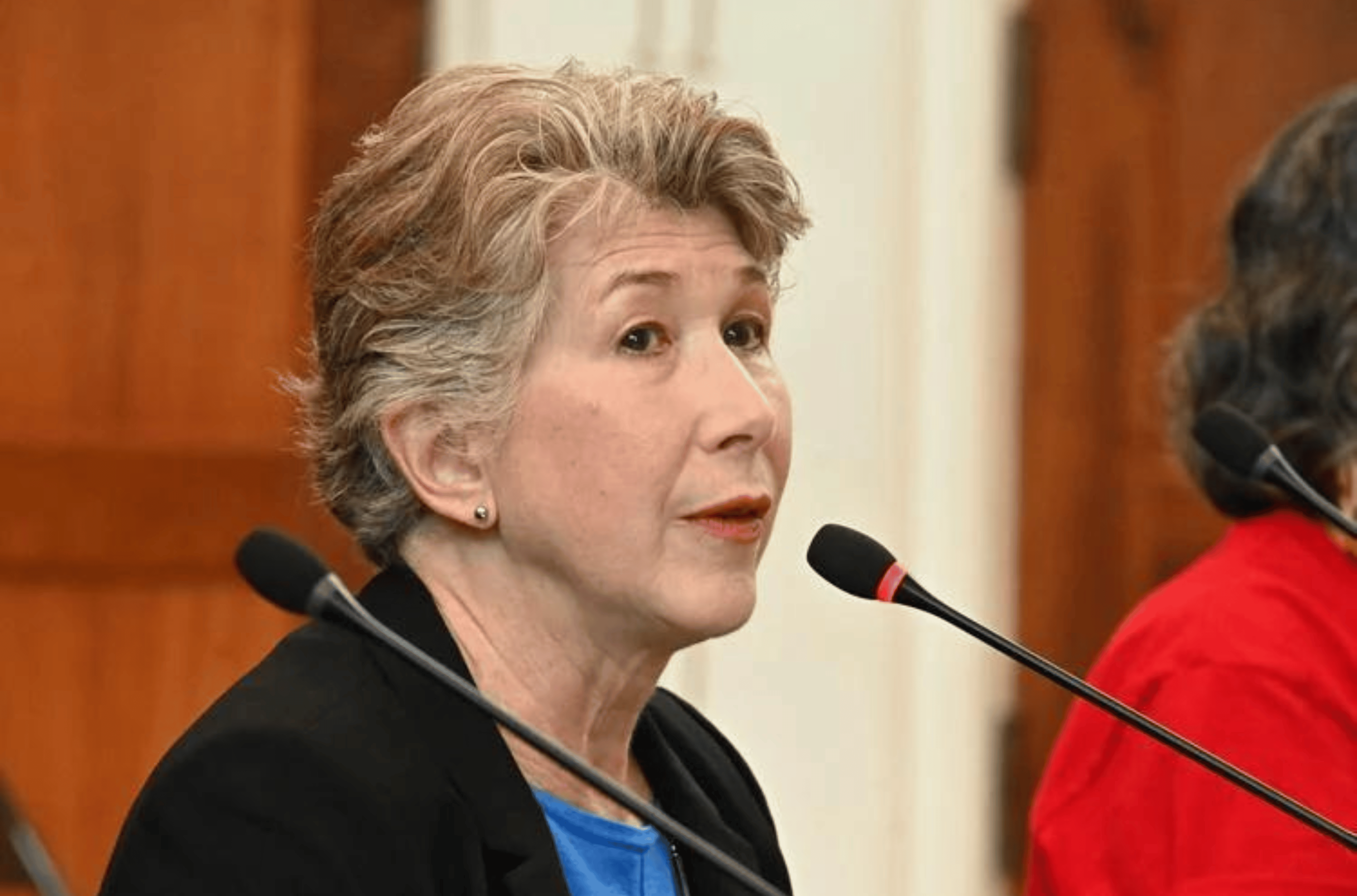
Bureau of Women’s Affairs Director Jayne Flores testifies in support of the Emergency Contraception for Survivors of Rape Act during public hearings on Wednesday, Sept. 13, 2023, at the Guam Congress Building in Hagåtña.
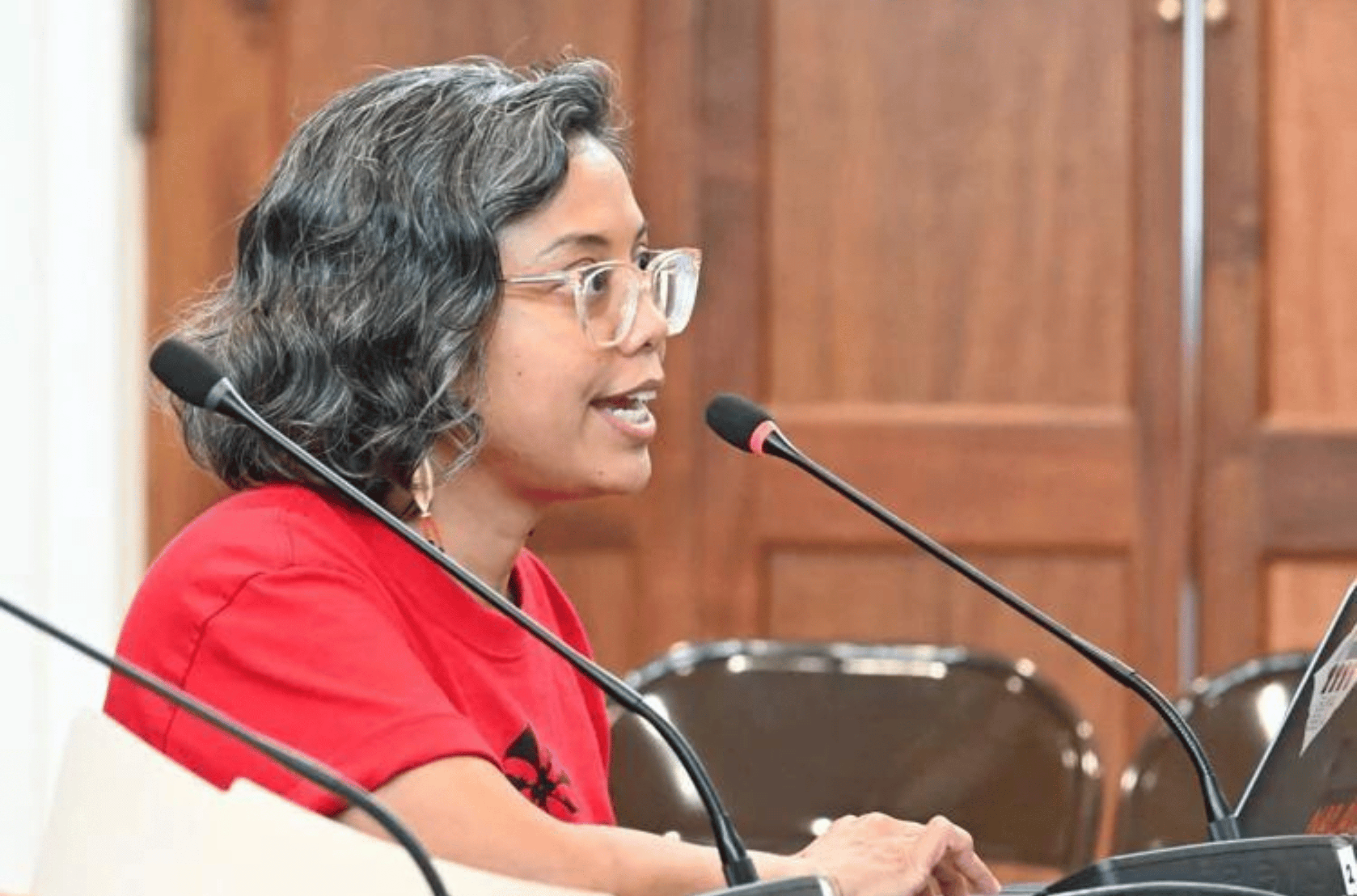
Monaeka Flores testifies Wednesday, Sept. 13, 2023, at the Guam Congress Building in Hagåtña.


